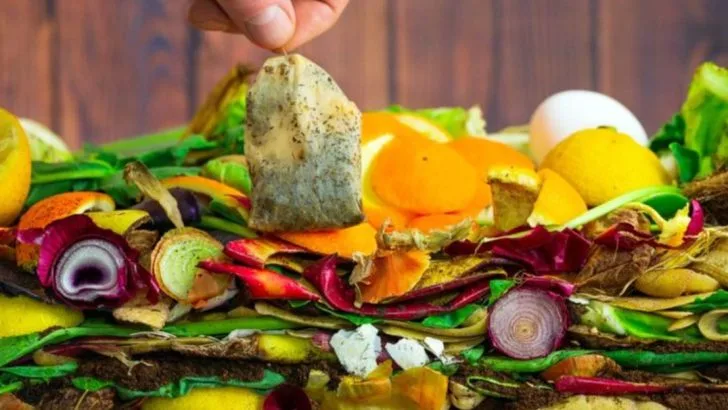Don’t throw out those used tea bags or leftover brews just yet—they’re full of hidden potential for your garden. Old tea leaves can be repurposed in surprisingly effective ways, offering gentle nutrients, pest protection, and even support for soil health.
From feeding acid-loving plants to boosting compost and deterring common pests, tea is a natural, eco-friendly tool that reduces waste while nourishing your garden. Both black and green teas can play a role, whether applied directly or brewed into mild plant tonics.
In this article, we’ll explore 15 smart, simple ways to put old tea to work outdoors, helping you garden more sustainably—while saving money and resources in the process.
Compost Booster
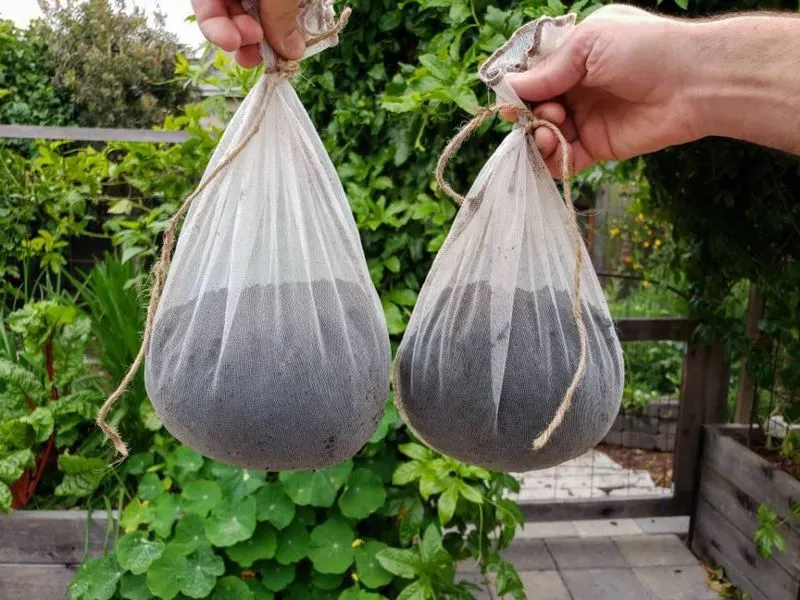
Enhance your compost pile by adding old tea leaves, which provide essential nutrients and improve decomposition. Tea leaves contribute nitrogen, a critical component for balanced composting. Mix them with other organic materials like fruit peels and grass clippings. Keep the compost moist and turn it regularly for the best results. A rich, earthy compost will soon be ready to nourish your garden. Embrace the benefits of this natural fertilizer, reducing waste and enhancing soil quality.
Soil Enrichment
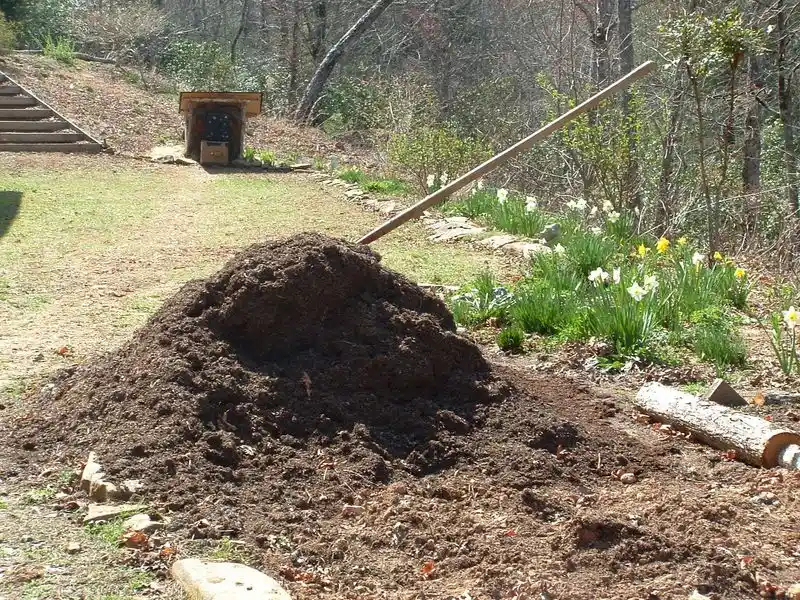
Used tea leaves enrich garden soil with nutrients, promoting plant growth and vitality. Scatter the leaves around your plants, allowing them to slowly decompose and release their natural goodness into the earth. The tannic acid in tea can improve soil structure, supporting healthy root development. This simple practice not only recycles waste but also nurtures a thriving garden ecosystem. Enhance your plants’ health with this eco-friendly technique, and watch your garden flourish.
Natural Pest Repellent
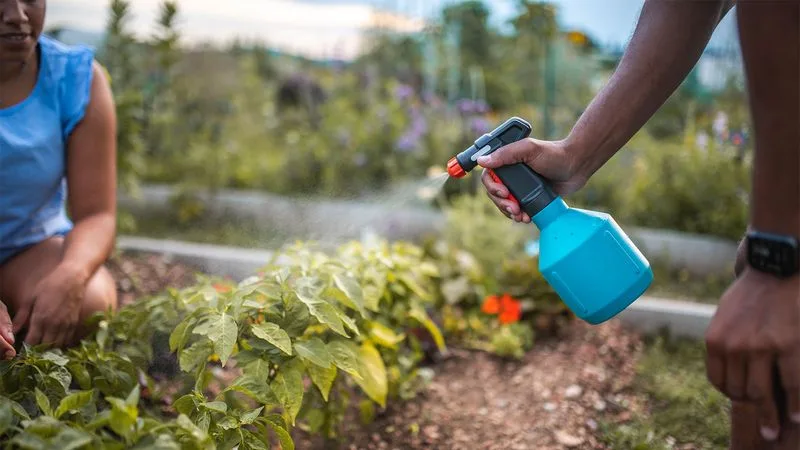
Old tea bags can serve as a natural deterrent against garden pests. Place them strategically around plants to repel insects and critters. The natural compounds in tea, like tannins, can create an unpleasant environment for pests without harming your plants. This eco-friendly solution reduces the need for chemical pesticides, promoting a healthier garden. Safeguard your green spaces with this simple, yet effective, pest management technique.
Fertilizer Tea
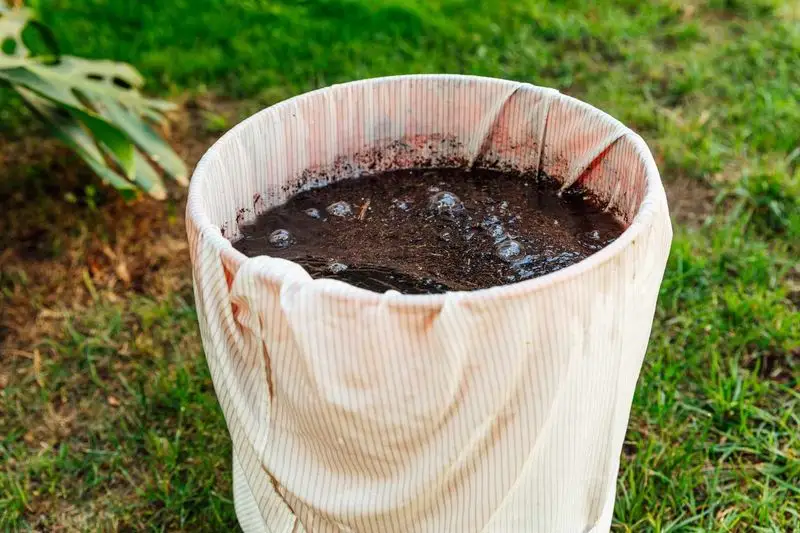
Create a nourishing “fertilizer tea” by steeping used tea bags in water, then using the liquid to feed your plants. Packed with nutrients, this homemade solution invigorates plant growth and enhances soil quality. Simply soak the bags in a watering can or jar for a few days, then apply the liquid directly to your plants. It’s an economical and sustainable way to recycle waste while nurturing your garden. Enjoy the benefits of this nutrient-rich brew.
Odor Neutralizer
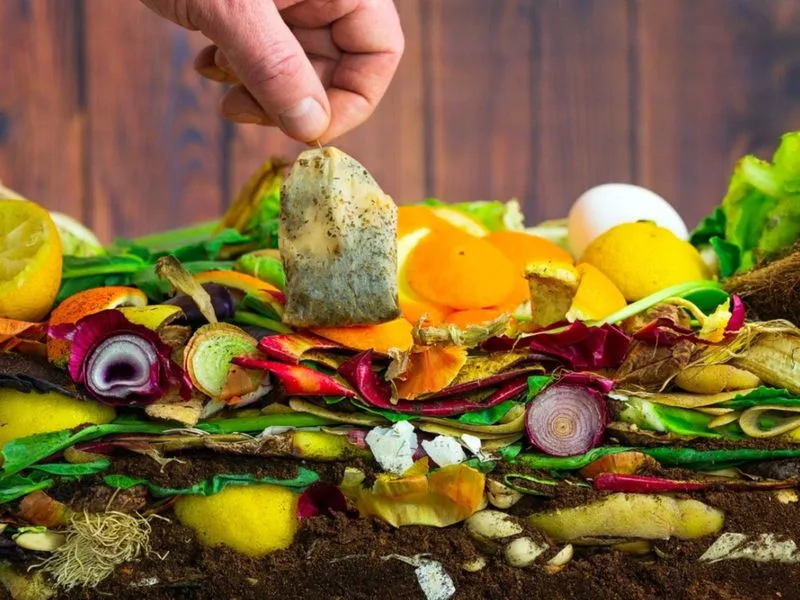
Old tea can be a natural solution for neutralizing odors in your compost bin. The absorbent qualities of tea help to mitigate unpleasant smells, making composting a more pleasant experience. Simply toss used tea bags into the bin, and let them work their magic. This practical approach not only reduces waste but also enhances the composting process. Keep your garden fresh and fragrant with this simple trick.
Acid-Loving Plant Feeder
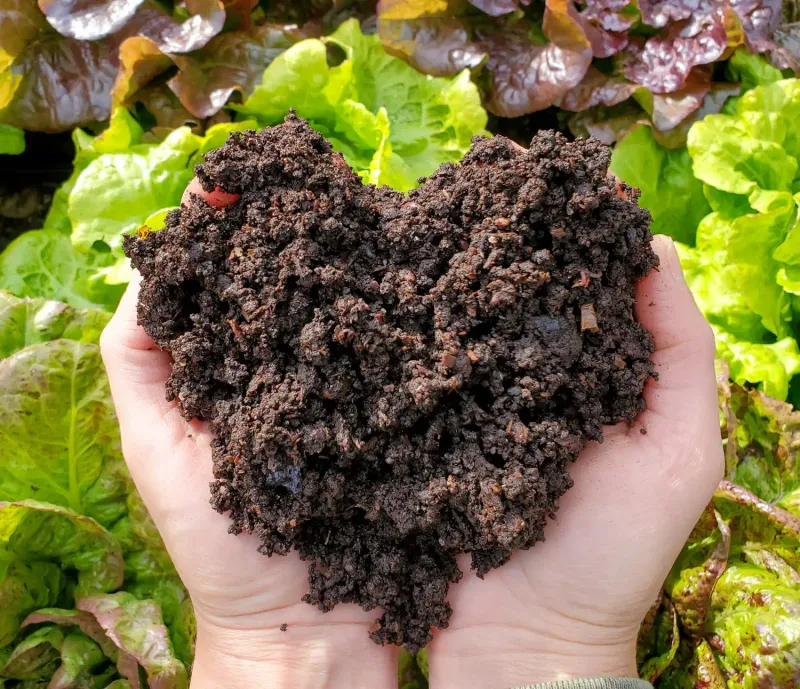
For plants that thrive in acidic conditions, used tea leaves can be a perfect match. Spread the leaves around plants like azaleas and rhododendrons, where they can naturally lower the pH of the soil. This organic method enhances the growth of acid-loving plants, providing them with a nutrient-rich environment. Utilize the hidden power of tea to foster vibrant blooms in your garden, and enjoy the splendor of these stunning plants.
Worm Bin Treat
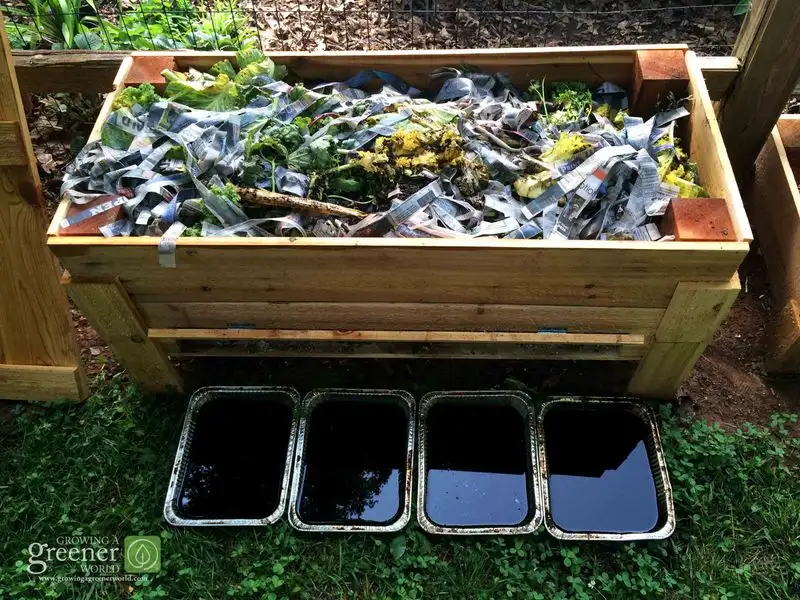
Worms relish old tea leaves, making them a welcome addition to your worm bin. These creatures thrive on the nutrients found in tea, aiding in the production of rich vermicompost. Add the leaves sparingly to prevent overfeeding, and watch as your worm population flourishes. This not only enhances compost quality but also recycles waste efficiently. Create a thriving environment for your worms and enrich your garden soil simultaneously.
Seed Starter Medium
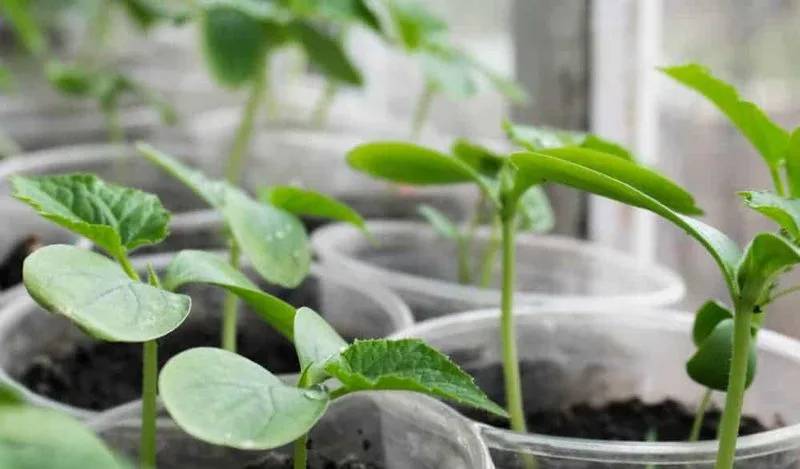
Mixing used tea leaves with potting soil can create an excellent medium for starting seeds. The natural nutrients in tea support young plants as they germinate, fostering robust growth. This blend retains moisture well, providing an ideal environment for seedlings. It’s a cost-effective and sustainable way to give new plants a strong start. Cultivate your seedlings with confidence using this nutrient-rich starting mix.
Flower Bed Mulch
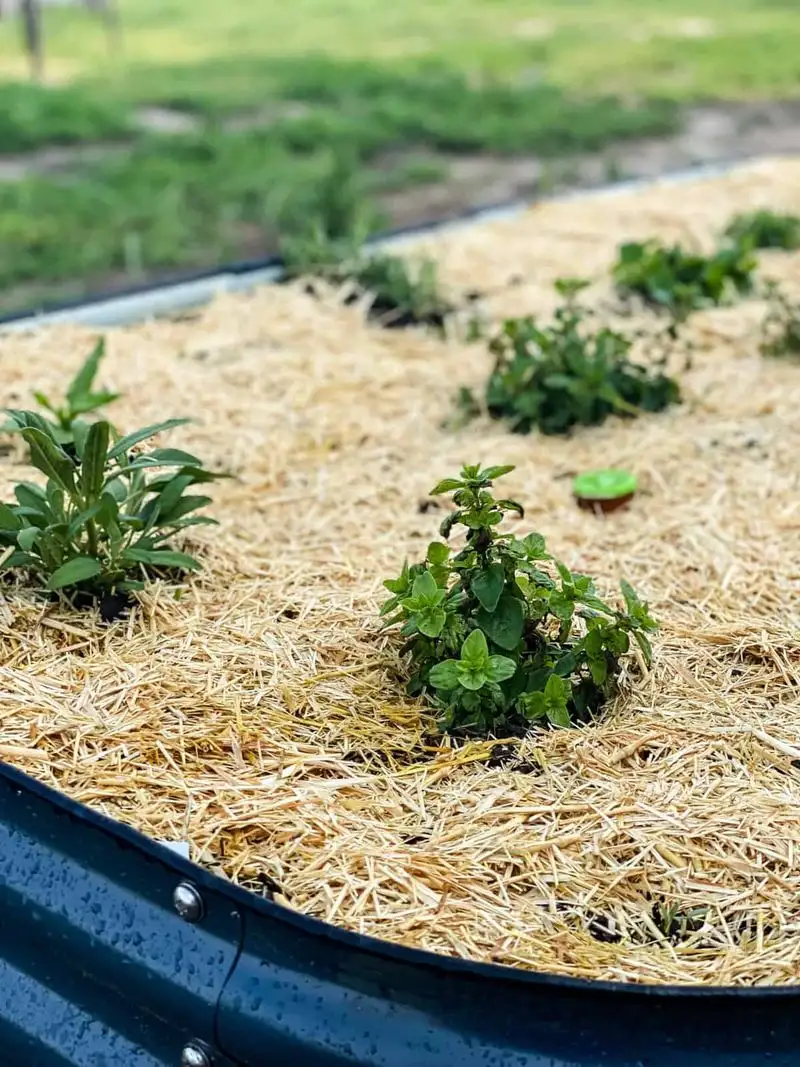
Repurposing old tea leaves as mulch can enhance your flower beds by improving moisture retention and soil health. Spread the leaves across the surface, creating a protective barrier against weeds while adding organic matter to the soil. This natural mulch helps regulate soil temperature, promoting consistent growth. Transform your flower beds with this sustainable practice, reducing waste and nurturing your plants.
Slug Deterrent
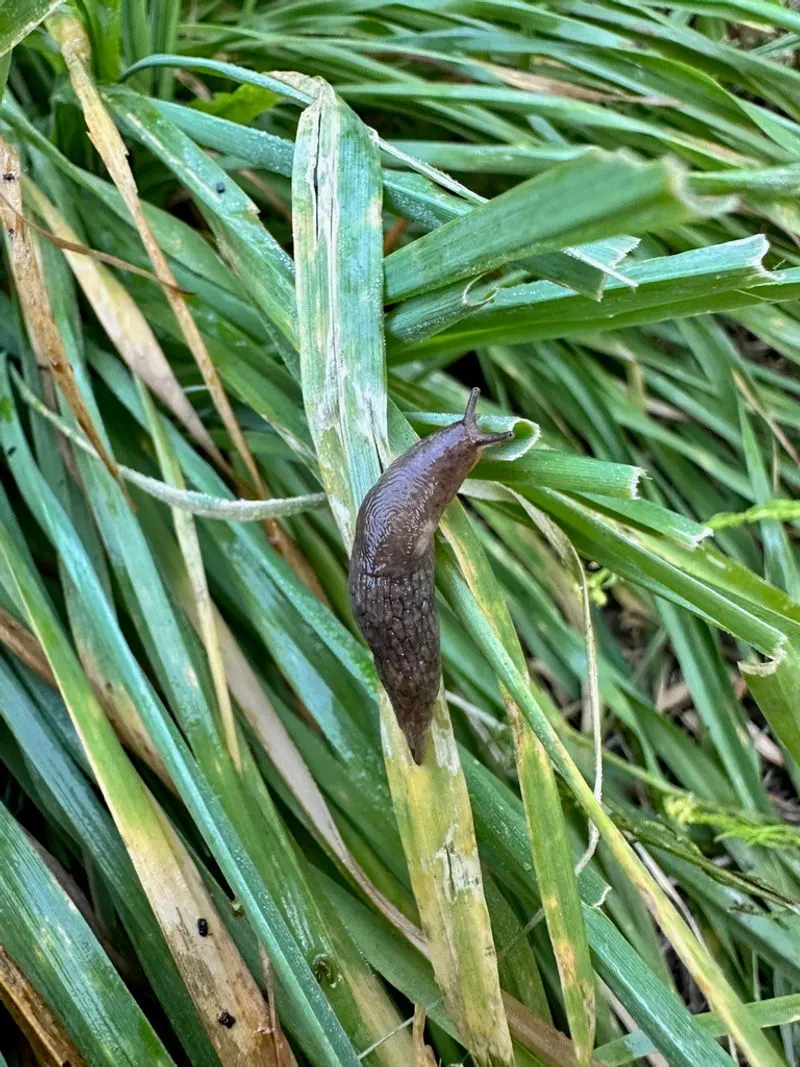
Battling slugs in your garden? Consider using old tea bags as a deterrent. Scatter them along garden paths and around vulnerable plants. The texture and natural compounds in the tea can discourage slugs from crossing over. This non-toxic method is safe for your plants and the environment, offering an effective solution to a common garden problem. Keep your garden slug-free with this simple trick.
Soil pH Balancer
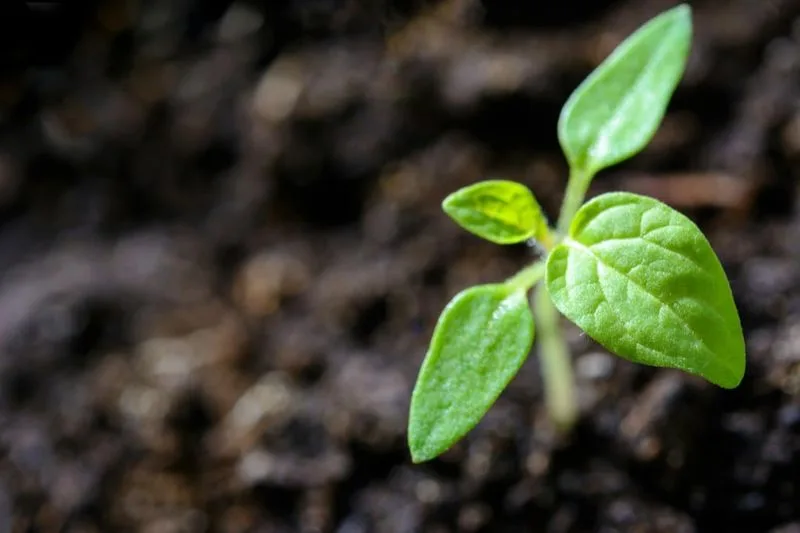
Used tea leaves can contribute to balancing soil pH, particularly in alkaline soil. By adding the leaves to your garden beds, you’ll introduce tannic acid, which can gradually lower the soil’s pH. This adjustment creates a more favorable condition for various plants. It’s an accessible way to manage soil health, ensuring that your garden remains a thriving, balanced ecosystem.
DIY Plant Food
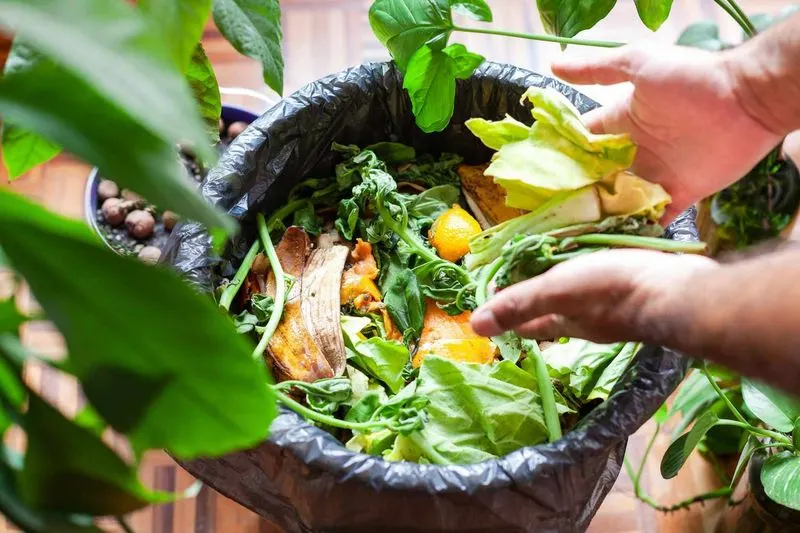
Brew a homemade plant food using old tea leaves, providing a nutrient boost for your garden. Steep the leaves in water and use the liquid to water your plants. This infusion delivers essential nutrients, supporting healthy growth and blooms. It’s a sustainable and cost-effective alternative to commercial fertilizers. Nourish your garden naturally with this resourceful approach, turning waste into nourishment.
Pathway Weed Suppressor
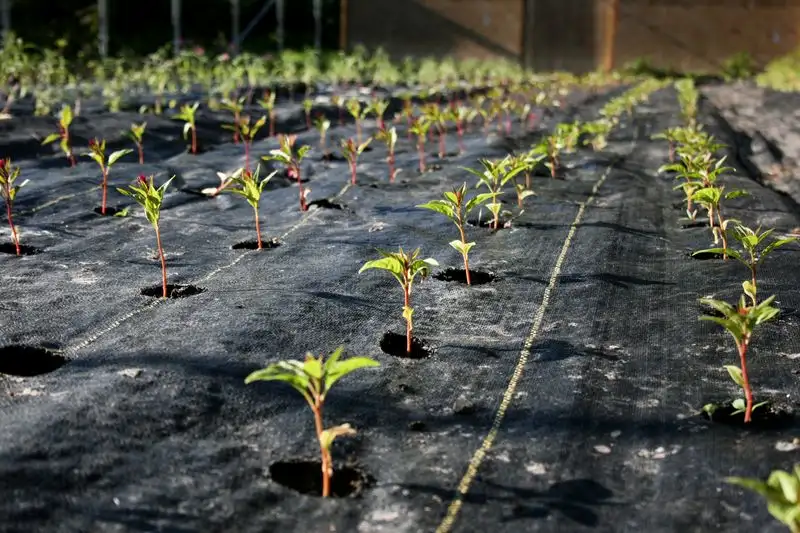
Old tea leaves can serve as a natural suppressor for weeds along garden pathways. Scatter them liberally across the path, where they act as a barrier, inhibiting weed growth. This eco-friendly method not only recycles waste but also reduces the need for chemical herbicides. Maintain tidy, weed-free paths with the simple addition of used tea leaves, enhancing the overall aesthetic of your garden.
Roses’ Best Friend
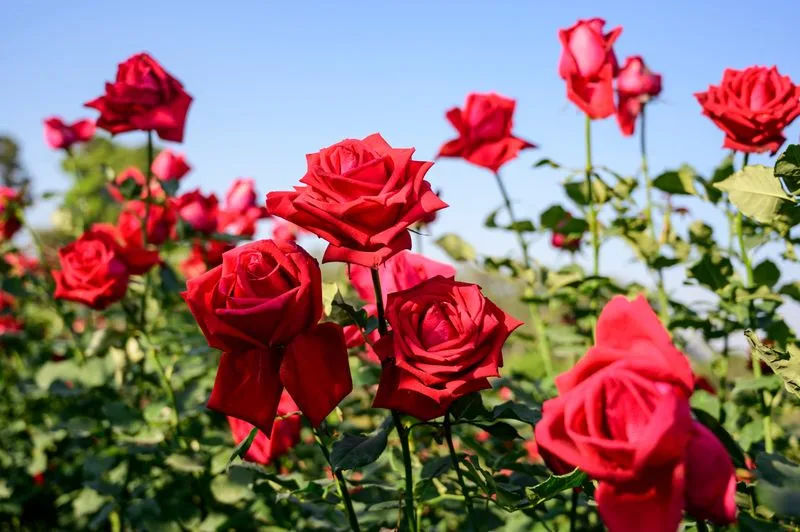
Tea leaves are excellent companions for rose bushes, adding valuable nutrients to the soil for robust growth. Spread the leaves around the base of your roses, enriching the soil with natural tannins and other compounds. This organic method supports healthy blooms, ensuring your roses remain a stunning focal point in your garden. Cultivate your roses with care using the hidden benefits of old tea.
Container Plant Booster
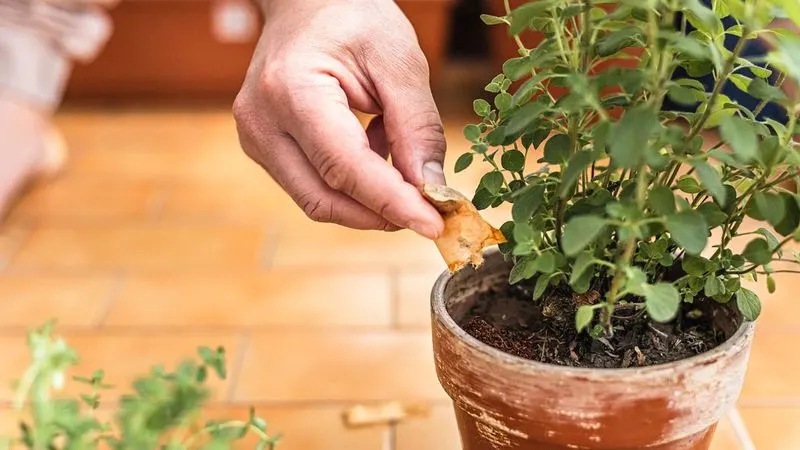
Utilize old tea bags to enhance potted plants, providing essential nutrients and improving soil structure. Place the bags at the bottom of pots or mix them into the soil. This practice aids in moisture retention, ensuring container plants thrive even in confined spaces. It’s a practical way to recycle while boosting your container garden’s health and vitality. Support your plants in reaching their full potential with this thoughtful technique.

